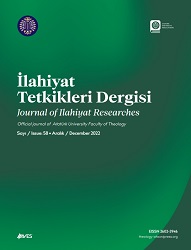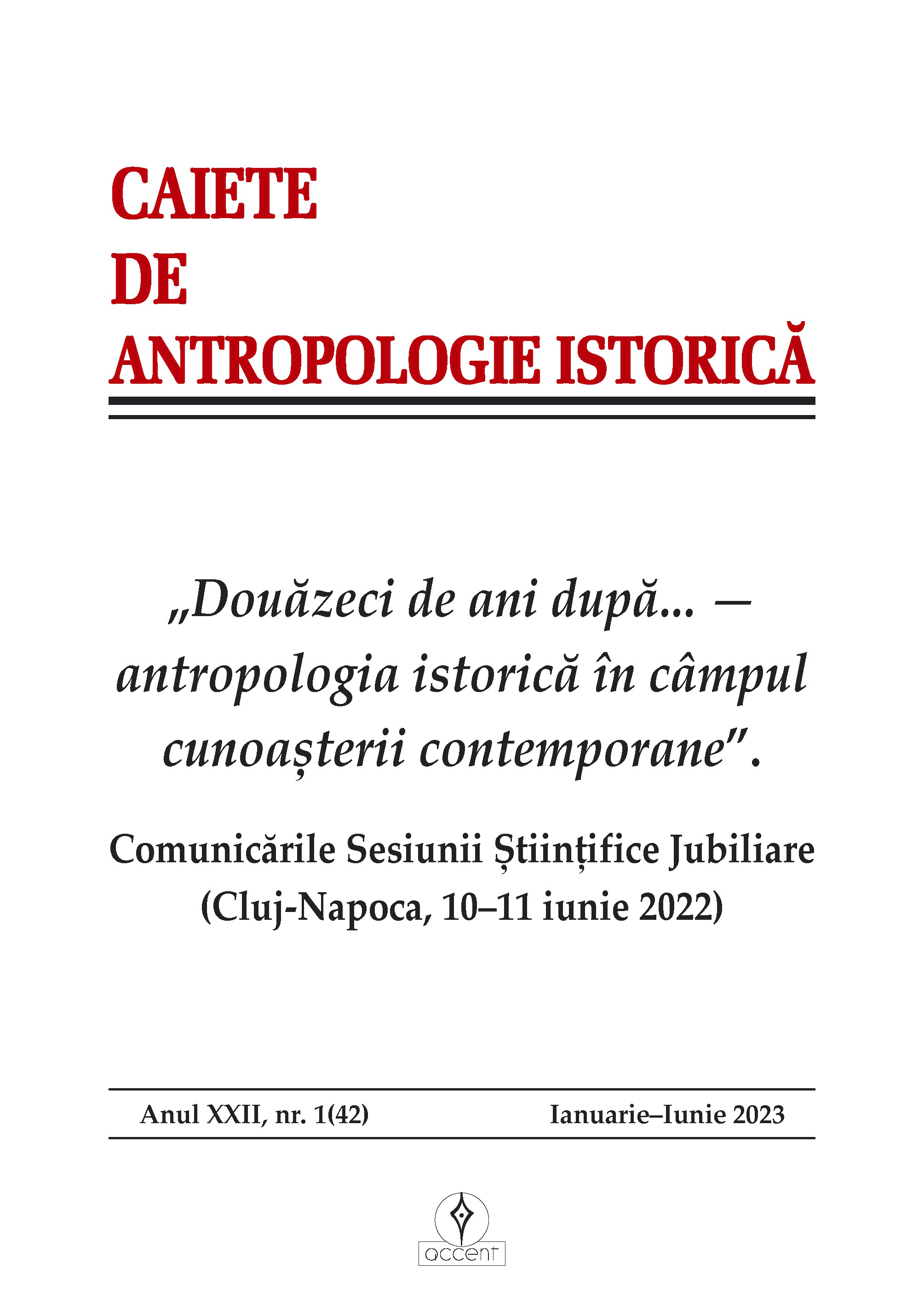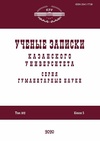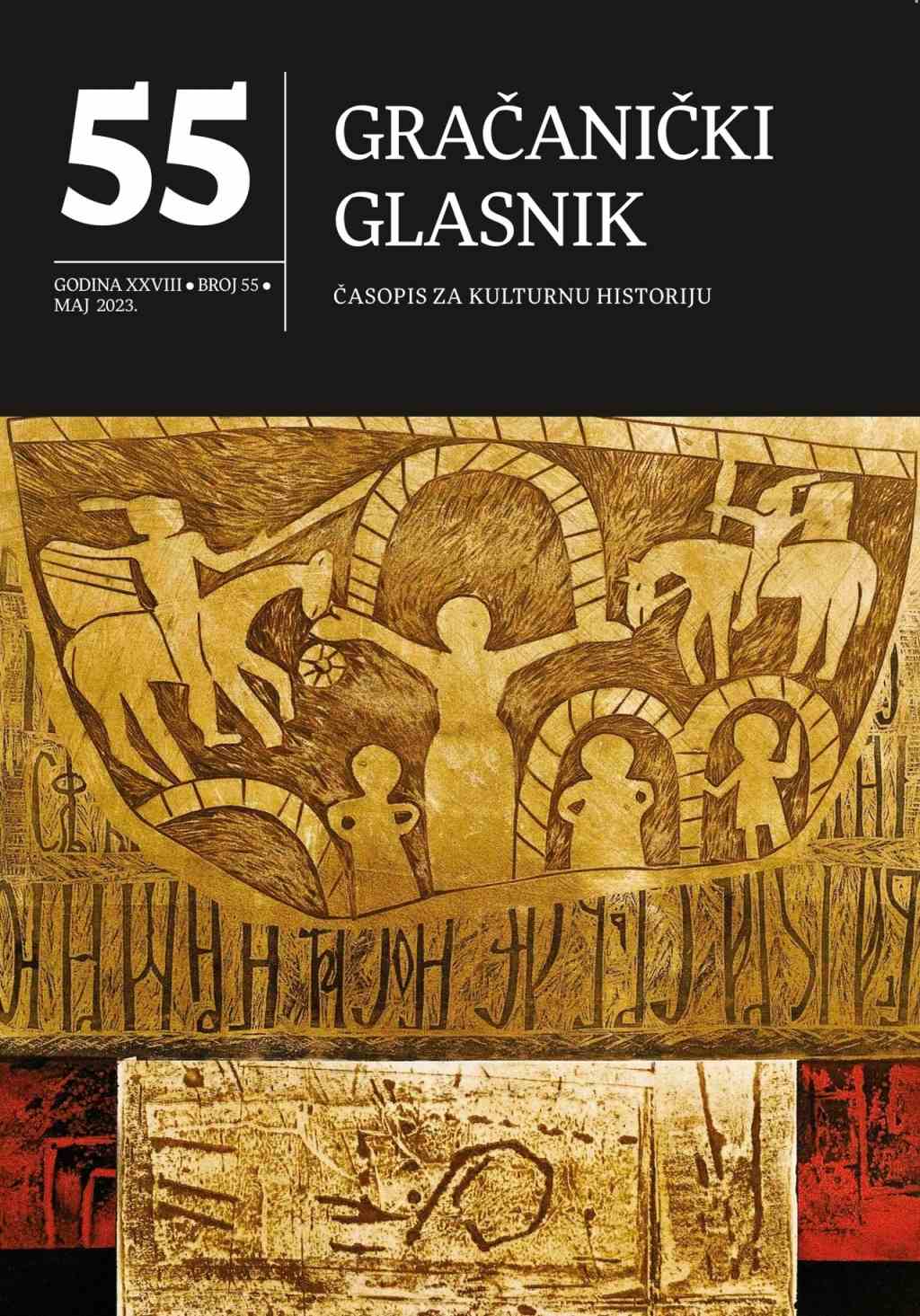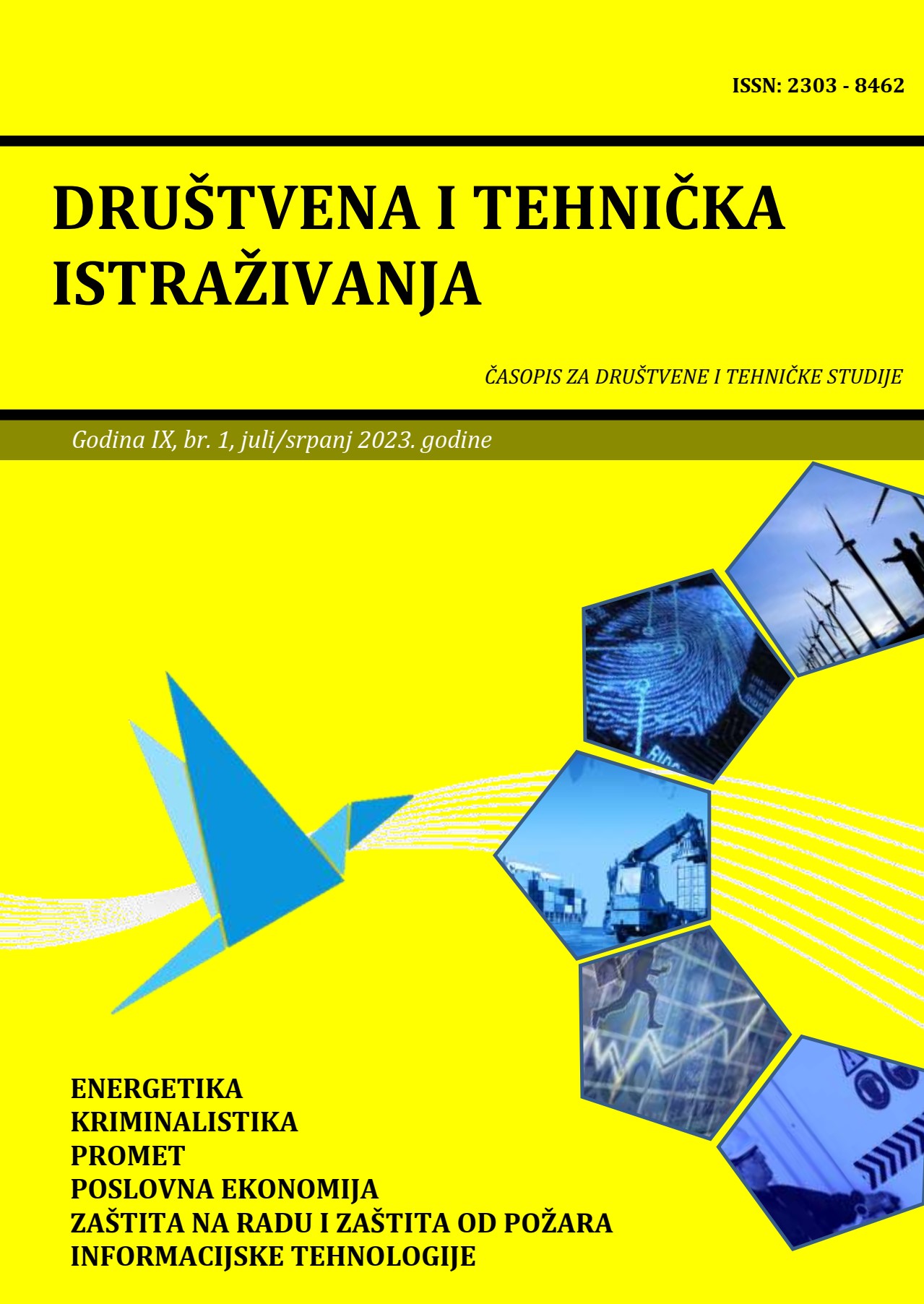
Probační dům jako možnost realizace podmíněného propuštění z výkonu trestu odnětí svobody s dohledem
The predominantly theoretical article deals with supervised conditional release from prison and the potential for the field of social work with respect to conditionally released persons. The article mentions the theoretical starting points of both the retributive and restorative approaches to justice and the negative and positive aspects of both variants. It also addresses the status and responsibilities of the Probation and Mediation Service of the Czech Republic as a special body that brings together particular elements of social work and ways of dealing with crime. The article traces information on the process surrounding conditional release from imprisonment from the point of view of the individual actors involved in the process. The conclusion of the article discusses the „Probation Half-way House“ pilot project which was conducted by the Ostrava-based Nová šance (New Chance) non-profit organisation, and which aimed to broaden the range of options open to persons entitled to conditional release from prison. The aims of the project were to provide clients in the context of social work with a safe transition from a highly-regulated life in prison to an often very demanding life at liberty and to address, in particular, the integration and resocialisation of men into society following imprisonment and the support and assistance available for achieving the aims of the target group on the one hand, and protecting society against a relapse into crime and homelessness on the other. With respect to future developments, the Prison Concept Strategic Programme of the Ministry of Justice of the Czech Republic envisages the existence of probation half-way houses before 2025.
More...
